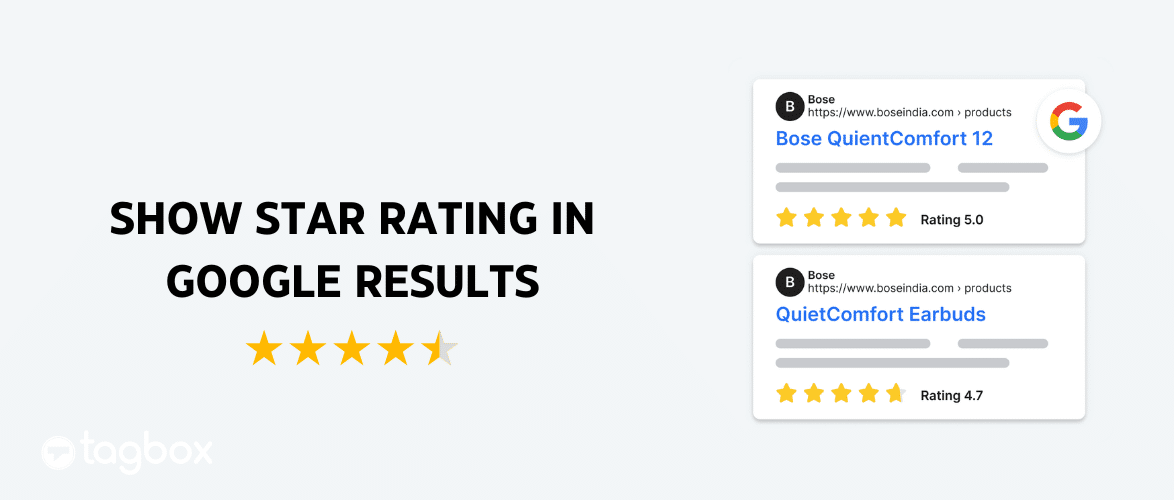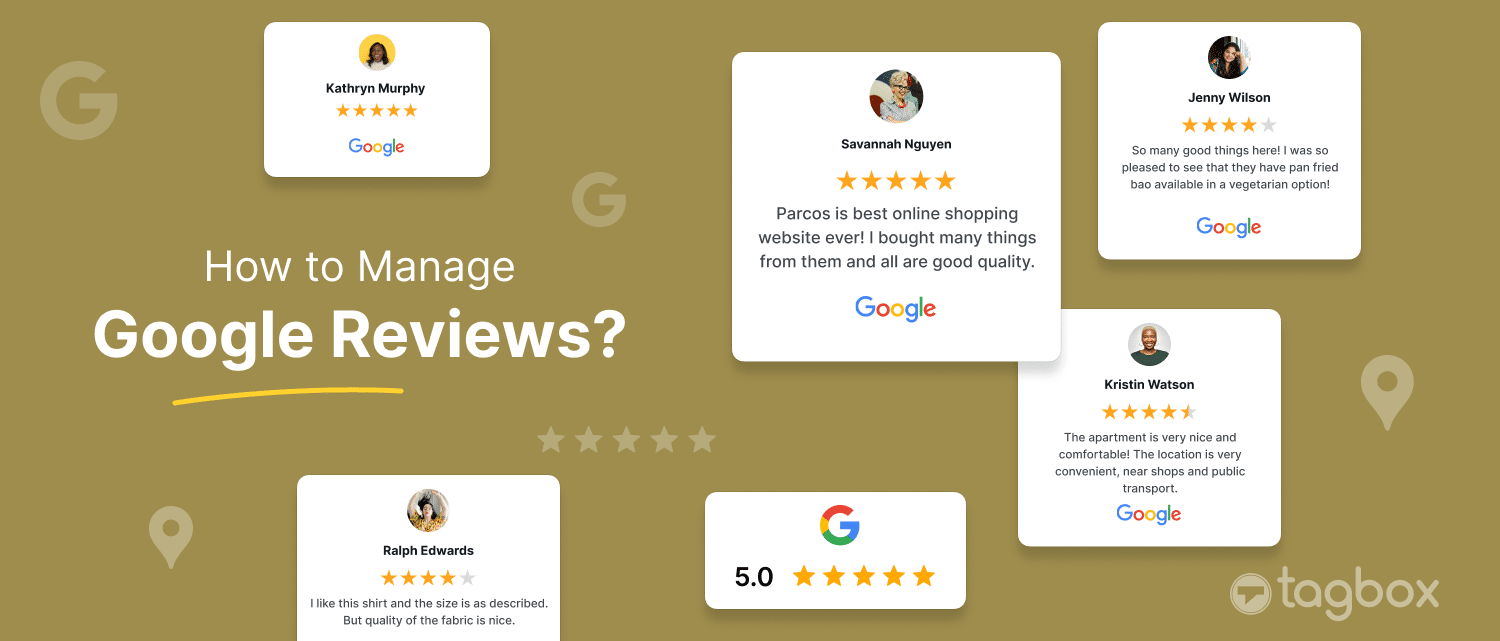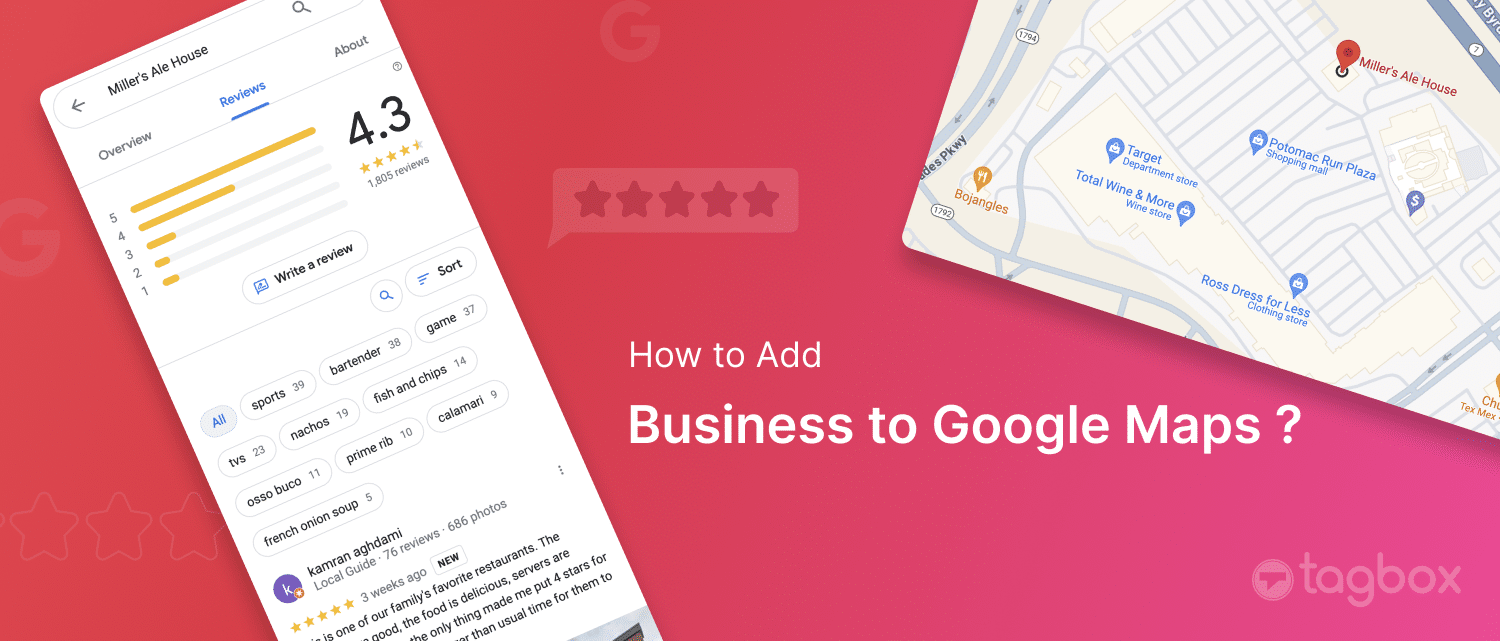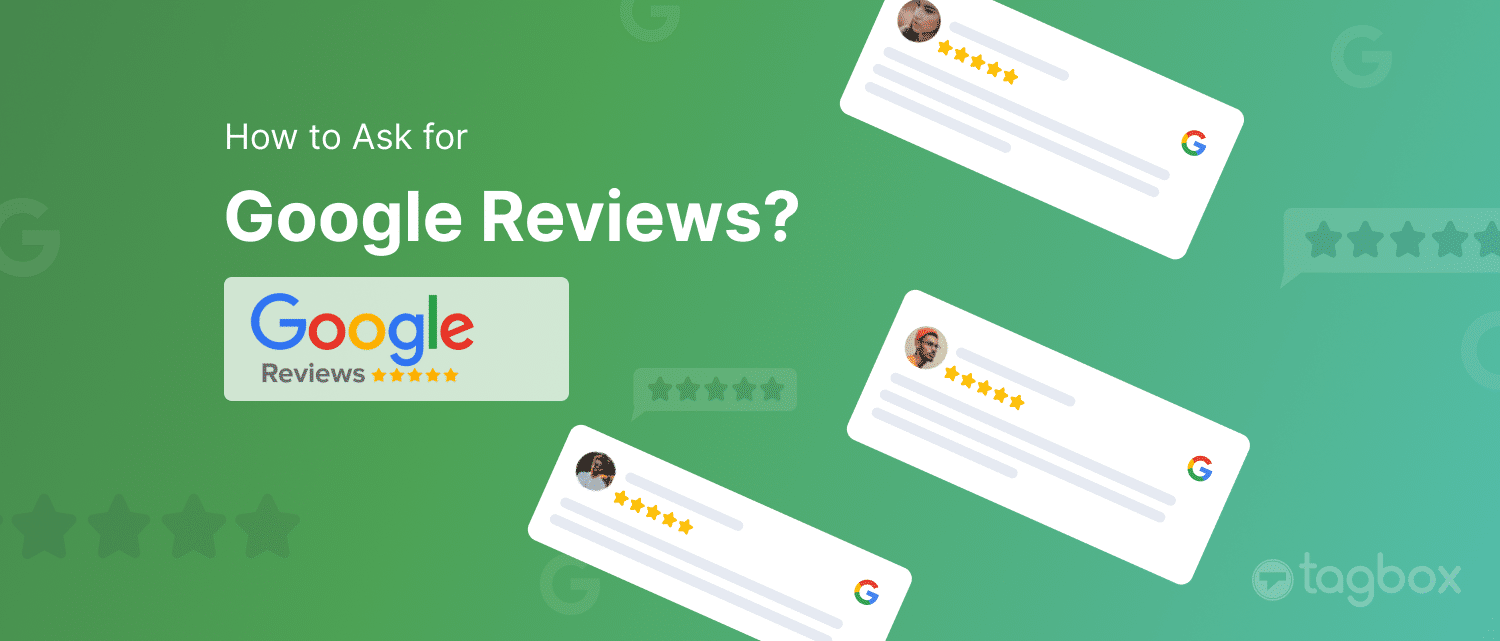The Ultimate Guide To Leave An Anonymous Google Review
With online reviews so important today, brands are finding new ways to stay ahead in this game. When you are a small brand, you are ready to go to any extent to be in the lead, by hook or crook. One such technique is to add anonymous reviews on Google. Many users used this technique before Google discontinued it in 2018. Google does not allow its users to leave anonymous reviews as they harm a business and can lead to an unfair advantage.
Let’s discuss in more detail why one might want to add an anonymous review and what is a better alternative to doing so.
| No Credit Card Required |
Why is Google Removing Anonymous Reviews?
Recently, Google has evolved strategically in its approach to user-generated content, particularly in online reviews. The decision to remove anonymous reviews is rooted in the platform’s commitment to enhancing the overall quality and reliability of the information shared within its ecosystem. While anonymous reviews have traditionally provided a way for users to express candid opinions without fearing repercussions, Google has identified several challenges associated with this practice.
One of the primary reasons for this shift is the increasing prevalence of spam and fake endorsements within anonymous reviews. By allowing individuals to share their perspectives without accountability, the platform became susceptible to misuse, with some users exploiting the anonymity feature to manipulate public opinion or harm the reputation of businesses unfairly. Recognizing the potential for abuse, Google has prioritized transparency and authenticity in its reviews, hence the move to phase out anonymous contributions.
To enhance transparency and encourage authentic reviews, businesses can now use a Google reviews widget to display honest customer feedback directly on their websites. This widget amplifies the credibility of reviews by showcasing verified contributors and ensures that the content is trustworthy and valuable for potential customers.
This section will delve deeper into the multifaceted reasons behind Google’s strategic decision, offering insights into its impact on the overall landscape of user-generated content on the platform.
Consequences of Removing Reviews
The removal of anonymous reviews on Google brought a series of impacts on both users and businesses. Google aimed to foster a reliable review ecosystem by prioritizing transparency and accountability. However, this strategic shift did not come without its fair share of repercussions.
One prominent consequence was the reduction in the diversity of opinions. Anonymous reviews provided a platform for users who might be hesitant to share their experiences publicly. Removing this option may deter certain individuals from contributing, resulting in fewer perspectives. Businesses may miss out on valuable feedback that could have offered great room for improvement.
The removal of anonymous reviews also decreased user engagement. Some users prefer the shield of anonymity when expressing opinions. After the anonymous review feature is removed, they may choose to refrain from participating in the review process altogether. This decline in user engagement could impact the overall value of the Google review community.
Businesses also face challenges in managing their online reputation. While removing anonymous reviews was done to curtail unfair practices, it also exposed businesses to negative feedback. People started to leave fewer stars without any explanation or providing any further information, as they were hesitant to share their opinions.
Alternative to Leaving an Anonymous Review on Google:
Although Google has discontinued its feature of adding anonymous reviews, there are still some alternatives available. The following are some steps to add a review without revealing your identity.
Step 1: Create an account with an anonymous name on Google and Open Google Maps.

Step 2: Search for the business that you want to review. Click Write a review.

Step 3: If you are already logged into your Google account with an alternate email and an anonymous name, a pop-up will appear for submitting a review.
Step 4: Add the review you want to add along with a star rating.

Step 5: Click Post.

Tips for Crafting an Effective Review:
Instead of finding ways to leave reviews while anonymous, customers must focus on making their feedback and reviews more detailed. Constructive feedback has several advantages for brands and customers. Helping improve a brand’s services eventually creates a better experience for the customer the next time they choose the same brand. Below are some major reasons why a customer needs to leave constructive feedback.
1. Importance of constructive feedback
Constructive feedback serves as a cornerstone in a brand’s continuous growth. Unlike criticism that merely points out flaws, constructive feedback aims to provide insightful observations combined with actionable suggestions. Reviewers should always provide constructive feedback to foster change. This will not only help the brand grow but also enhance its user experience.
A well-thought-out feedback cultivates a culture of learning. When brands receive feedback highlighting strengths and areas for improvement, they gain valuable insights into their performance. This ultimately results in brands taking essential actions to refine their quality of service or the product they are offering.
2. Include Links
It’s always a good idea to include links to other sources to help the brands understand the feedback better. This link might contain suggestions that the brand can use to provide a better experience. It can also consist of a resolution to an issue the customer is facing. Adding these links makes the review more insightful and helps other people get a better picture of what the reviewer is talking about.

Display Google Business Reviews On Your Website To Increase The Authenticity.
Signup, its FREENo Credit Card Needed.
Privacy Considerations
Several privacy risks are also associated with leaving anonymous reviews, which are contributing factors in Google’s decision to stop people from leaving such reviews. The following are some of the privacy considerations that one must take while trying to leave a review without revealing one’s identity and giving minimal identifiable information in their reviews.
1. Discuss potential risks
While the option to leave anonymous reviews provides a sense of freedom and candor, it also introduces potential privacy risks that users should be aware of. Understanding these risks is crucial in balancing expressing opinions and safeguarding personal information.
- Data Privacy Risks: The evolving technologies in data privacy regulations add complexity. Brands must navigate a delicate balance between leveraging customer feedback and adhering to strict data protection laws. For added security while writing reviews or browsing in general, consider using extensions like a VPN Chrome extension for fast & secure use with greater peace of mind.
- Data Storage: Another privacy risk involves the collection and storage of data by online platforms. Platforms may still gather metadata, including IP addresses and device information, even when reviews are submitted anonymously. While this data is often used for analytical purposes, it raises questions about the potential identification of users over time.
- Data Breaches: The interconnected nature of online platforms poses risks of data breaches. While reputable platforms implement robust security measures, the evolving landscape of cyber threats makes it essential for users to be vigilant. Anonymity in reviews may not protect against external factors that could compromise the security of personal data. Utilizing additional security measures such as a residential proxy can provide an added layer of protection, ensuring a more secure online experience. A static residential proxy offers consistent and reliable security, further enhancing your online protection.
2. Suggestions for minimizing identifiable information
Leaving anonymous reviews provides a space for candid feedback, but minimizing the risk of unintentional identification is crucial. Implementing thoughtful practices can help users maintain their privacy while still contributing valuable insights.
- No specific personal details: One effective tip is to focus on the general aspects of the experience rather than providing specific details. Avoiding highly personal information or unique incidents reduces the chances of inadvertently revealing the reviewer’s identity. Stick to broader observations that contribute to the overall feedback without compromising privacy.
- Generic Usernames: Users can use generic usernames or pseudonyms when submitting anonymous reviews. This prevents the review from being directly associated with the individual’s real identity. Choosing a username that does not disclose personal information adds more protection.
- Review before posting: Consider reviewing the review content for unintentional clues or hints that could lead to identification. Sometimes, seemingly harmless details might be pieced together to unveil the reviewer. Being mindful of the language and content ensures a balance between expressing opinions and safeguarding anonymity.
- Not using personal networks: It’s also advisable to use public Wi-Fi or virtual private networks (VPNs) when submitting anonymous reviews. This helps obfuscate the reviewer’s IP address, adding an extra layer of anonymity and making it more challenging to trace the review back to a specific individual. Another alternative is to use mobile proxies, which reduce the chances of being blocked while staying anonymous.
Examples of Well-Crafted Anonymous Reviews:
Here is an example of a well-crafted anonymous review for a bakery.
“I stumbled upon this quaint bakery nestled in the city’s heart, and what a delightful surprise it was! The aroma of freshly baked treats greeted me as soon as I entered. The staff was friendly and attentive, making the entire experience enjoyable. Their pastries are a work of art; each bite is a symphony of flavors.
I appreciate the attention to detail in the presentation, but I suggest they use high-quality ingredients, which very slightly reduces the amazing experience overall. The cozy ambiance adds to the overall charm. My personal favorite is the raspberry-filled croissant. Kudos to the talented bakers behind these delectable creations!”
Anonymous Google Reviews + The Rise of The Trust Economy:
In the wake of Google’s decision to discontinue anonymous reviews, the landscape of online feedback underwent a significant transformation. This gave rise to what is now commonly known as the trust economy. Platforms aimed to enhance the authenticity of user-generated content, creating a more trustworthy environment for both consumers and businesses. One powerful way businesses can leverage this shift is to embed Google reviews on website, showcasing verified feedback to build trust with potential customers.
The trust economy emphasizes the value of transparent and accountable interactions. Without the shield of anonymity, reviews gain credibility as users are tied to their opinions. This shift has cultivated a culture where trust is paramount, and businesses must prioritize customer satisfaction and product quality. Customer engagement examples abound, showcasing how brands actively involve their audience, respond to feedback, and foster meaningful connections to build enduring trust in the digital era.
Consumers have become more discerning, relying on reviews with verified identities to make better decisions. The absence of anonymous reviews has elevated the significance of genuine, accountable feedback. This eventually created a reliable foundation for the trust economy to flourish.
Conclusion
Now that you have understood some alternatives to leaving anonymous reviews, you must also ensure that you do it responsibly. The reviews you write must never be harmful or violate any guidelines, as this can lead to your account removal.
FAQs
No, as of 2018, Google has suspended the option for users to leave anonymous reviews online. This decision was taken after understanding the potential risk it had of the feature being misused to damage the reputation of brands.
Google discontinued its anonymous feature in 2018. However, if you have already posted an anonymous review previously you can edit or delete it following the same steps editing any review.
- Open Google Maps on your phone.
- Search for the brand for which you have already posted a review.
- Tap on the name of the brand once you find it in the results.
- Scroll down to the reviews section and look for the review you left.
- Select the “Edit Review” option.
- Tap on the photo you want to delete and select the “Trash” icon.
- Tap on “Update” to complete the process.
No, there were no risks involved for a user while adding anonymous reviews when it was allowed.
Embed social feed from Facebook, YouTube, Instagram, Twitter on your website, like a PRO








